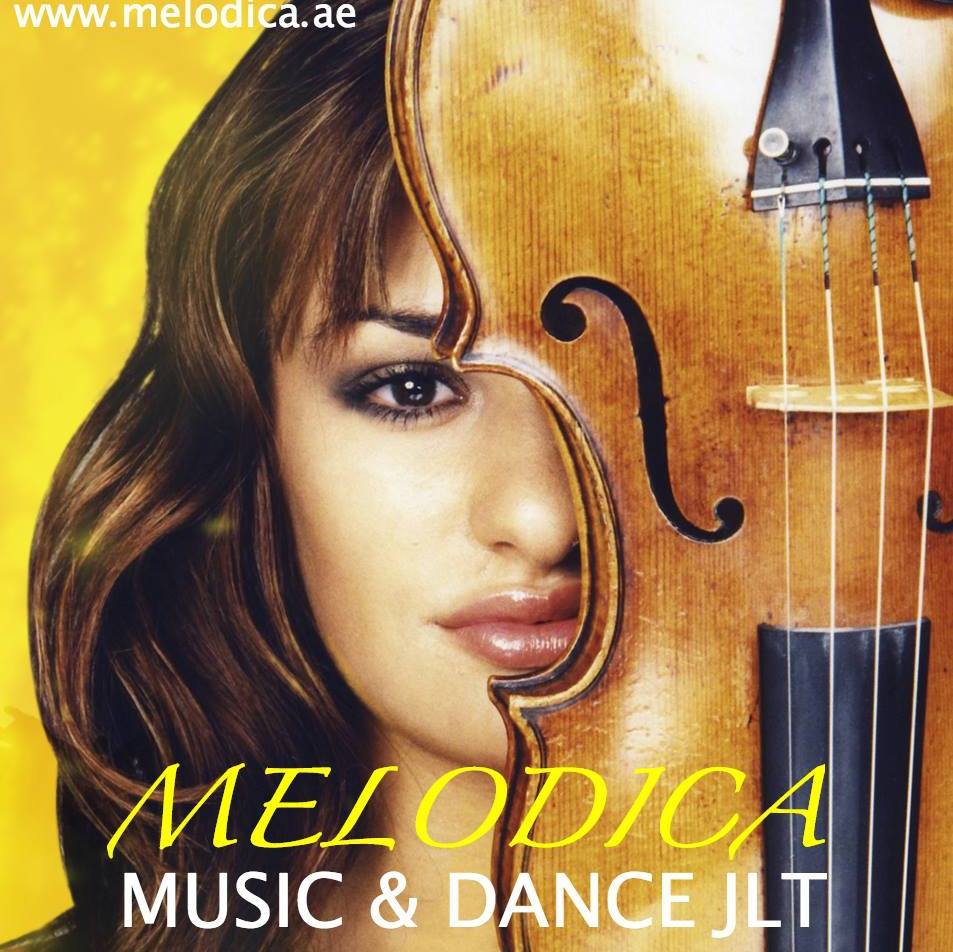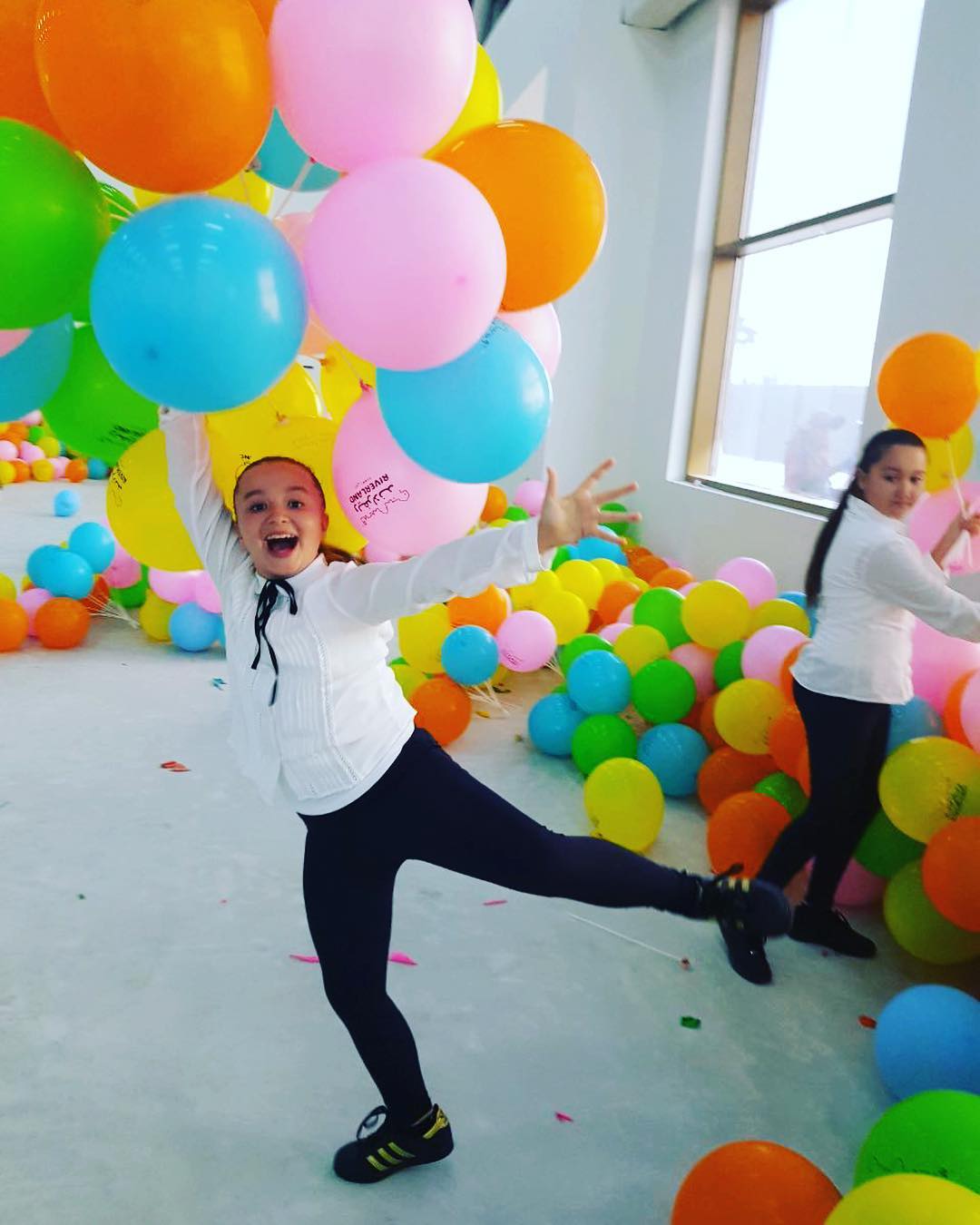Embrace the Mystical and Cultural Beauty of Ceremonial Dance in Pakistan
Explore the Fascinating World of Ceremonial Dance in Pakistan
Ceremonial dance is an expression of deep spiritual, cultural, and religious significance, often performed as part of rituals, celebrations, and community events. Across the world, different cultures have developed their own unique forms of ceremonial dance, each with its own distinct movements, attire, and meaning. These dances celebrate everything from divine connection and fertility to victory and community unity. Whether performed for spiritual or cultural purposes, ceremonial dances are a powerful and moving form of expression.
Popular Ceremonial Dances
- Belly Dance: Originating from the Middle East, Belly Dance is an ancient dance form known for its fluid movements, especially the undulations of the torso. It is often performed in celebration of fertility, beauty, and womanhood.
- Cham Dance: A sacred Tibetan Buddhist dance that is performed during festivals and religious ceremonies, involving dramatic costumes, masks, and symbolic movements.
- Haka: A traditional war dance of the Māori people of New Zealand, the Haka is a powerful and intense performance meant to display strength, unity, and pride.
- Kagura: A form of Shinto ritual dance from Japan, performed as an offering to the gods during religious ceremonies to bring good fortune, peace, and harmony.
- Kumha Pyakhan Dance: A sacred dance from the indigenous cultures of Southeast Asia, often associated with fertility and spiritual well-being, performed during religious festivals.
- Ritual Dances of China: Traditional dances from various Chinese ethnic groups performed during religious and cultural ceremonies to honor ancestors and deities.
- Sanghyang: A Balinese ritual dance that invokes spiritual possession, where dancers enter a trance to commune with the gods and spirits.
- Sufi Whirling: A deeply spiritual and meditative dance performed by the Whirling Dervishes of the Sufi order, symbolizing the journey of the soul towards God.
Why Ceremonial Dance Matters
- Spiritual Connection: Many ceremonial dances are a form of prayer or worship, creating a physical and emotional connection with the divine. They transcend the material world, providing a powerful sense of spiritual presence and unity.
- Cultural Expression: Ceremonial dance reflects the rich cultural history and traditions of the people who perform it. These dances tell stories, honor ancestors, and maintain a cultural identity.
- Healing and Well-Being: In many cultures, ceremonial dances are believed to have healing properties, both physically and spiritually. They are used to bring peace, restore balance, and protect the community.
- Community Bonding: Participating in or witnessing a ceremonial dance fosters a sense of unity and belonging, as it brings people together to celebrate shared beliefs and values.
Where to Experience Ceremonial Dance in Pakistan
- Spiritual and Religious Ceremonies: Many of these dances are performed in temples, religious centers, and during special festivals and ceremonies in Pakistan, offering you a chance to witness the deep spiritual connection these dances evoke.
- Cultural Events and Festivals: Festivals celebrating the rich cultural heritage of Pakistan may feature ceremonial dances, allowing you to experience multiple traditions in one event.
- Theater Performances and Dance Shows: Ceremonial dances can also be seen in theaters or cultural venues, where professional dancers perform these ancient traditions for audiences.
Experience the Mystical and Cultural Power of Ceremonial Dance
Whether you’re witnessing the passionate Haka, the graceful Belly Dance, or the mesmerizing Sufi Whirling, ceremonial dances are a window into the soul of a culture. These dances carry centuries of tradition and meaning, and experiencing them firsthand is an opportunity to connect with both the spirit and the beauty of human expression. Come and discover the world of ceremonial dance in Pakistan—a powerful journey into tradition, culture, and spirituality.




































 Post ad
Post ad 




















